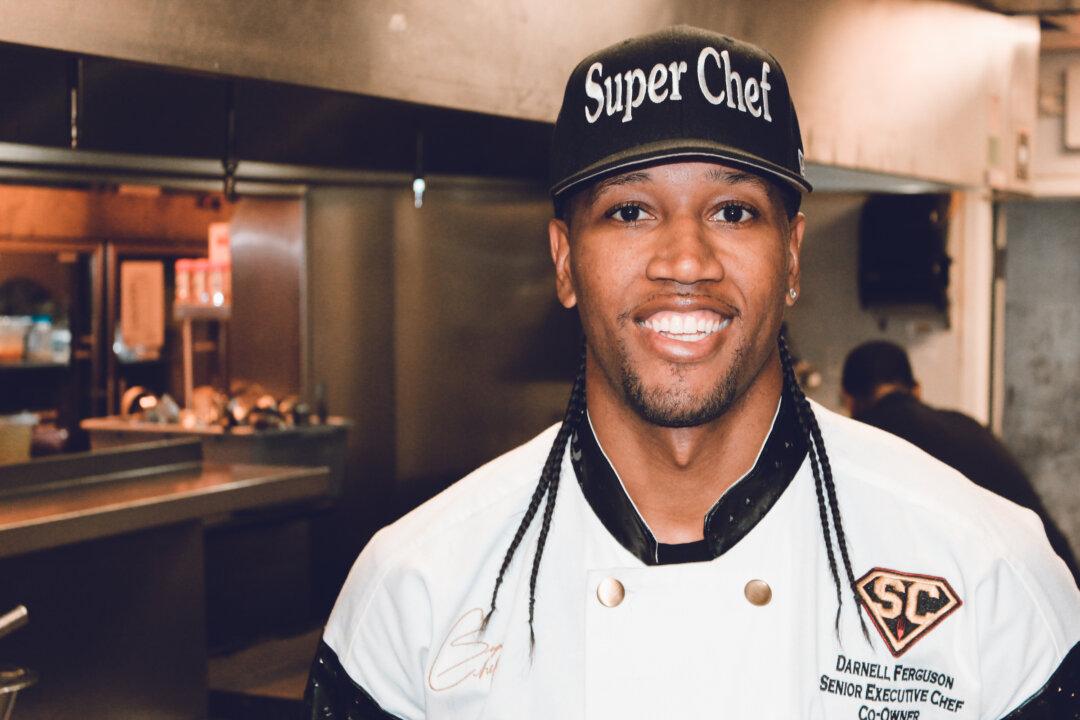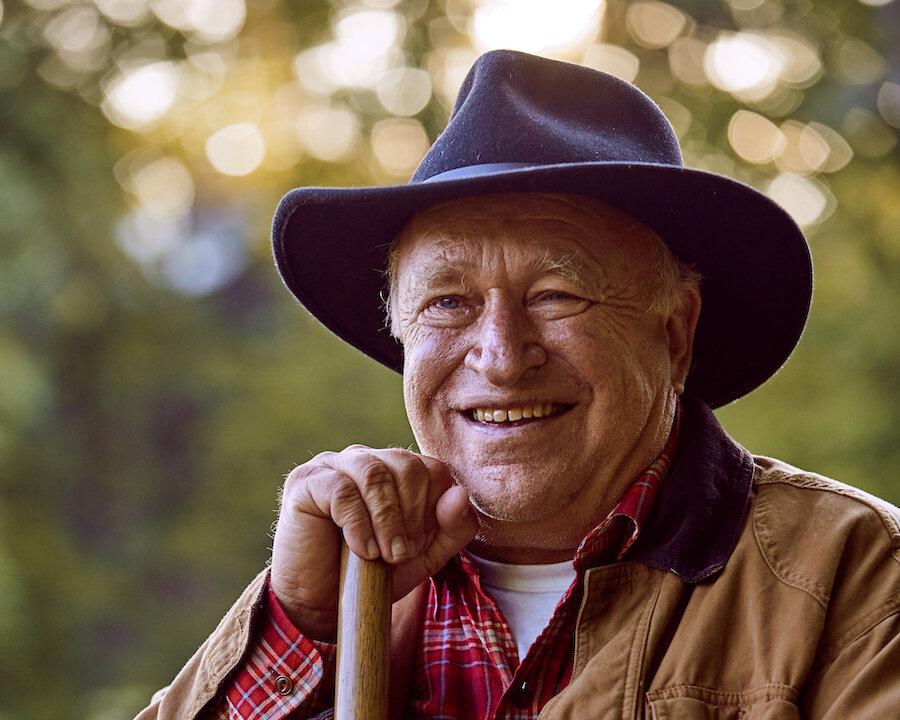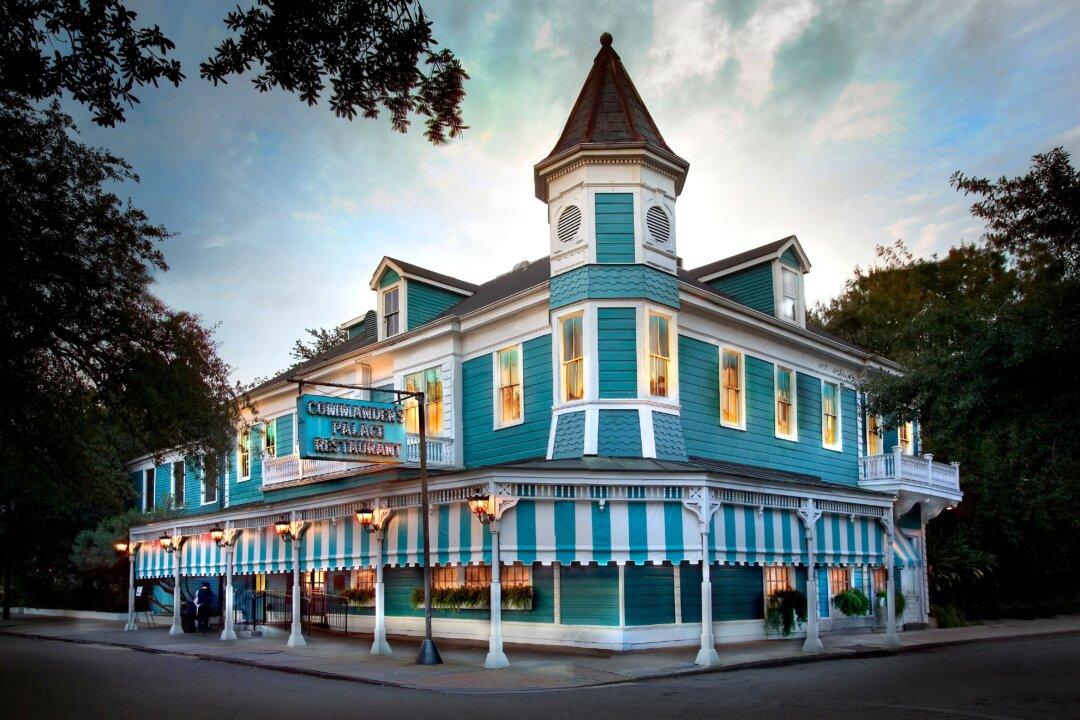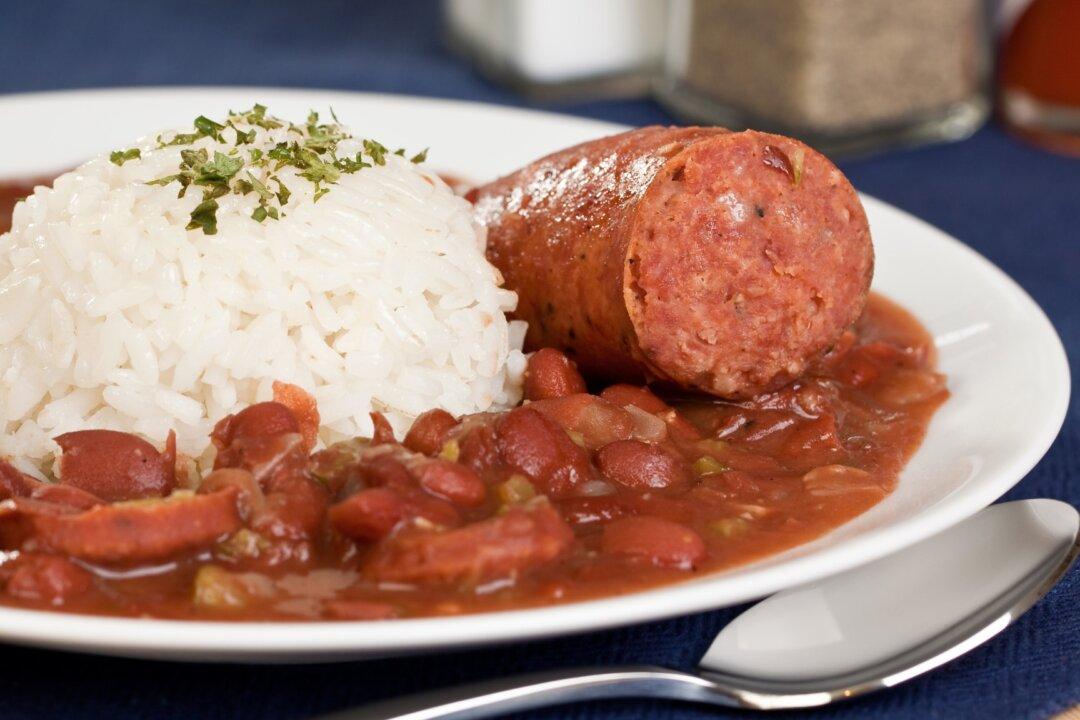Winemaking in Israel dates back to the Middle Ages, but for many consumers, Israeli wines are still a new discovery. The region offers styles comparable to well-known French appellations like Bordeaux and the Rhône Valley.
“While Israel is geographically in the Middle East, its climate is more Mediterranean, like the Rhône Valley,” said Erik Segelbaum, a sommelier who conducts master classes on Israeli wines. “In the cooler elevations of [the wine regions of] Upper Galilee and Golan Heights, one can even find Alsatian-style Rieslings and Gewurztraminers.”





